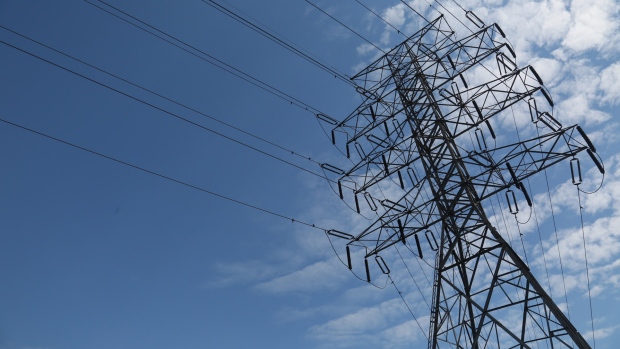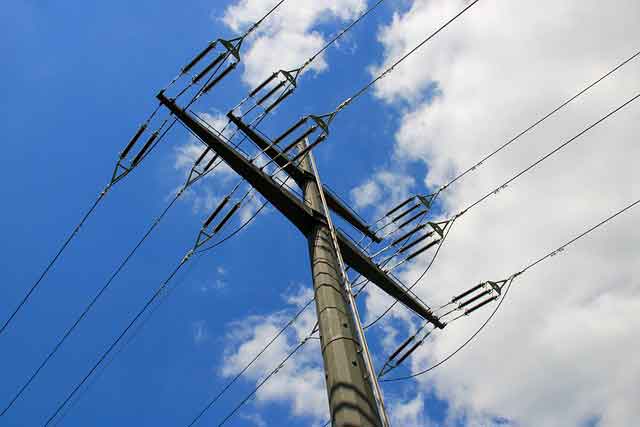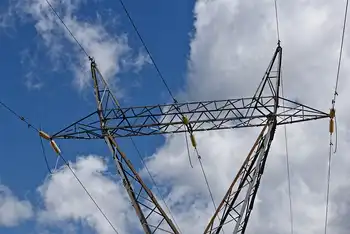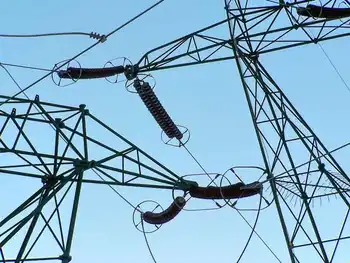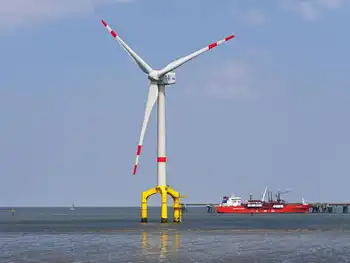By Canada's Energy Efficiency Awards 580 Booth Street, 18th Floor Ottawa,ON K1A 0E4 Tel.:1 866 333-3970 (toll-free) (613) 943-8058 Fax:(613) 996-2250 E-mail:awards.prix@nrcan.gc.ca Web site:http://energyawards.nrcan.gc.ca NRCan's
NFPA 70e Training - Arc Flash
Our customized live online or in‑person group training can be delivered to your staff at your location.

- Live Online
- 6 hours Instructor-led
- Group Training Available
"Canada is already a leader in energy efficiency," said the Honourable Herb Dhaliwal, Minister of Natural Resources Canada (NRCan). "By celebrating our successes, we can show the world that Canadians are helping reduce greenhouse gas emissions that contribute to climate change. And we can encourage other Canadians to search for innovative ways to achieve energy efficiency, helping us enhance our quality of life through sustainable resource development."
Winners will be featured in NRCan marketing campaigns and receive a trophy inspired by an original work of art by Canadian sculptor Dale Dunning. The winner of the Student Competition also receives a cash prize of $2,000.
Winners in 2000 included IPLC Corp of Elie, Manitoba, for its state-of-the-art controller for engine block heaters. The device can be programmed to control a block heater's operation based on factors such as outdoor temperature, engine temperature and time of use. Tests show that it can save 65 percent of the electricity used to power block heaters. The winners of the student competition developed a refrigeration system that varied according to the need for cooling. This cost-effective system reduced energy consumption by about 30 percent during the day and about 53 percent overnight.
Awards will be presented in the following categories: equipment and technology, housing, buildings, industry, transportation, outreach, and media. There will also be a student competition. The evaluation process will take place over several months, and the winners will be announced early in the new year. The awards will be adjudicated by the National Advisory Council on Energy Efficiency and NRCan's Office of Energy Efficiency. The media award will be independently adjudicated by the Canadian Science Writers' Association.
Nominations will be accepted until July 31, 2002, and, for the student competition, until November 29, 2002. Questions and nominations can be submitted to the following address:





